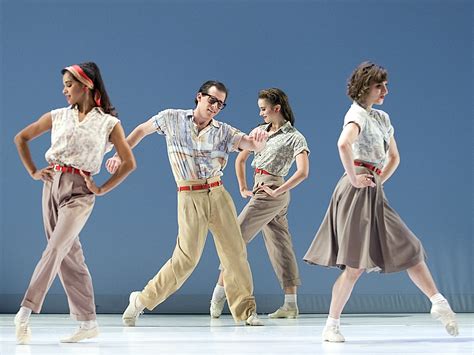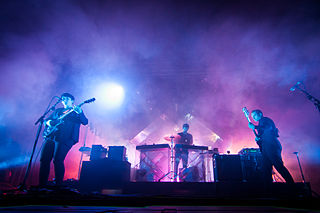A Quote by Anthony Fantano
For all its reverb and defiant noise, the sound of Black Tambourine barely reached past the borders of Washington, D.C., in the early '90s.
Related Quotes
You know we're in a planet surrounded by certain kinds of frequencies and noise. The earth's magnetic sphere makes weird sounds. The sun you know the heart of our solar system makes noise. Even interstellar phenomena like black holes. You know people have studied them and a black hole can emit sound in like the range of 20,000 octaves below B flat.
But surely "Argh" is the sound of a sort of strangulated scream.
"Aargh" is the sound of a stabbing, or a falling off a cliff.
"Arr" is, I think, the noise you're looking for. It's the noise pirates make when they don't have anything better to do. "Arr, Jim Lad" = Pirate noise. "Aargh, Jim Lad" = sound of pirate falling off a cliff.
Well, things hold up even if they sound dated. It can be very difficult to listen to 80s pop songs with really, really gigantic smashed drum sounds. You just want to turn that gated reverb down on the snare. It sounds wrong now. It sounds amateurish. And ugly. But at the time it sounded state-of-the-art. So yeah, I think it's important not to sound state-of-the-art in a way that anybody else is going to sound. Or you'll quickly sound like yesterday's state-of-the-art.



































